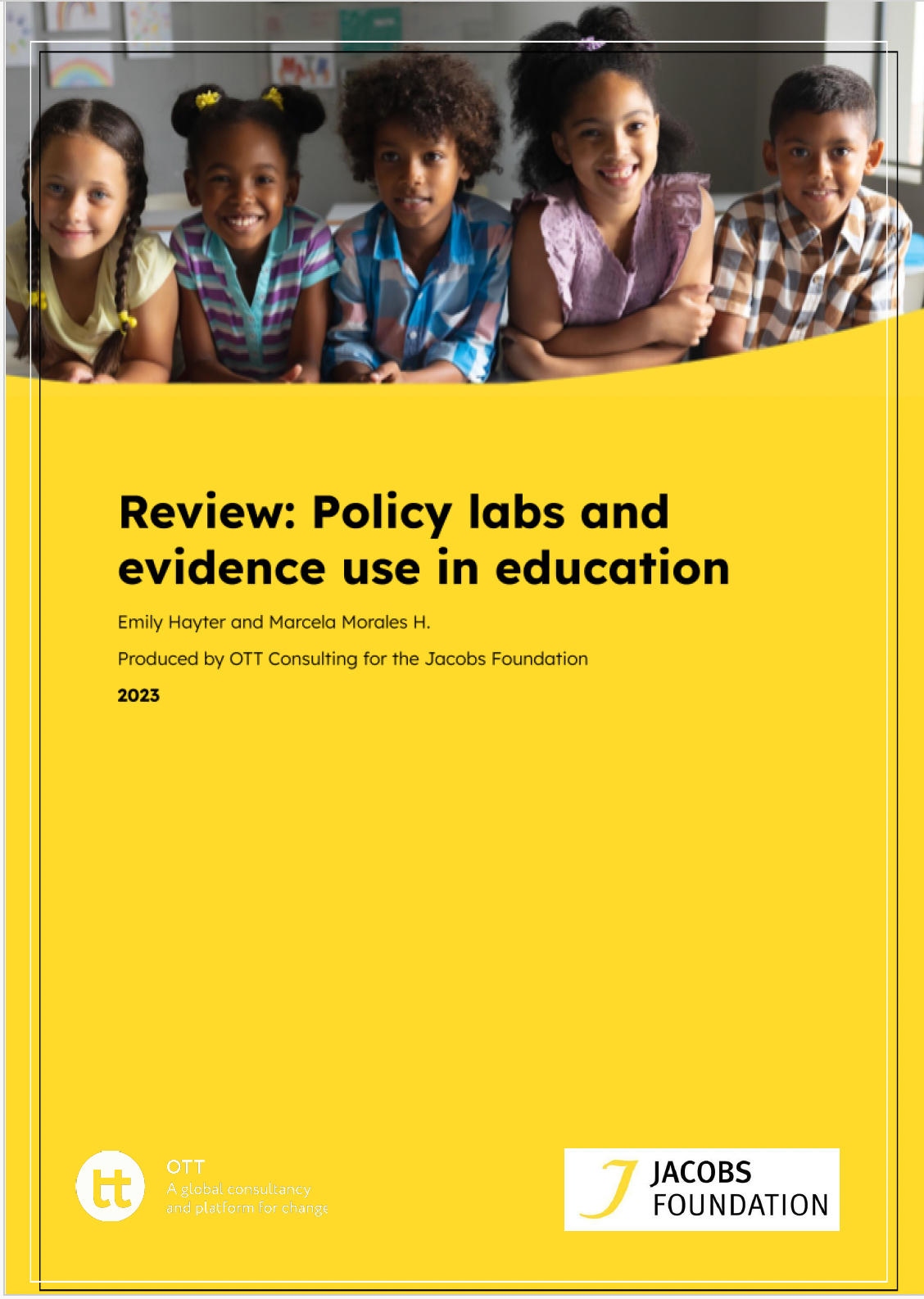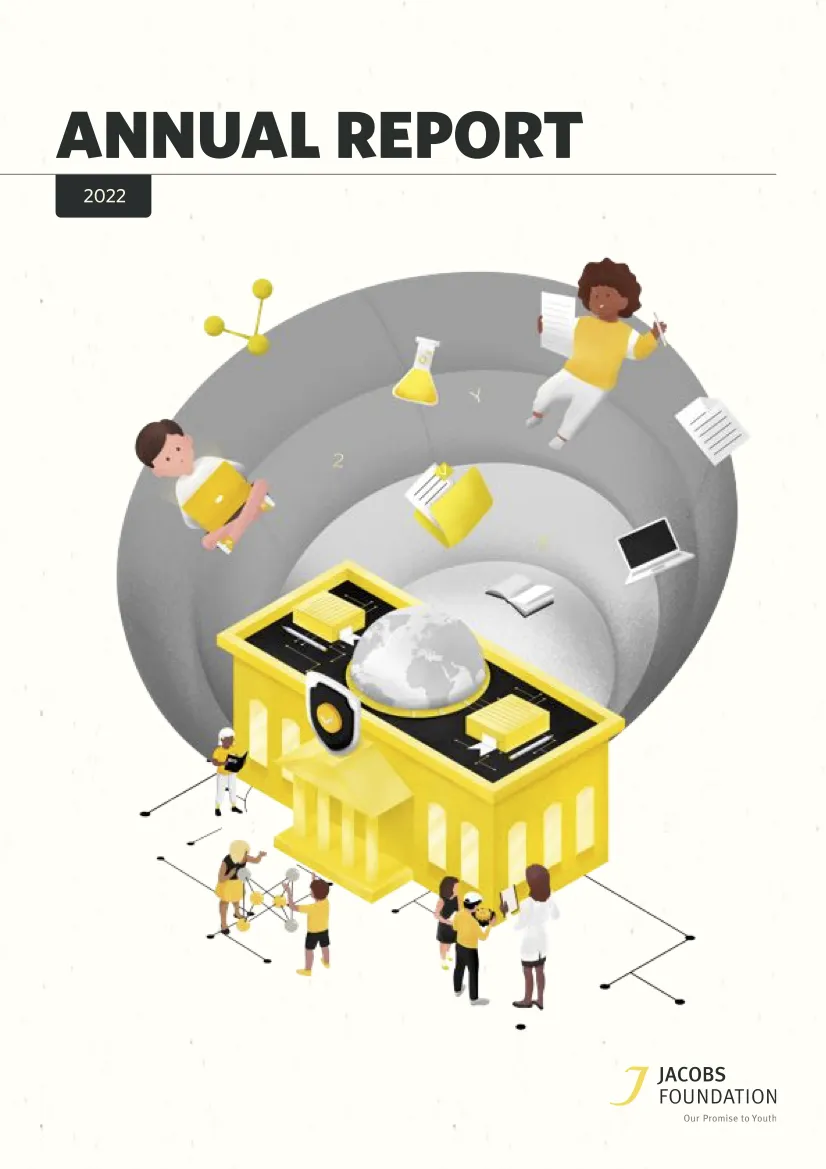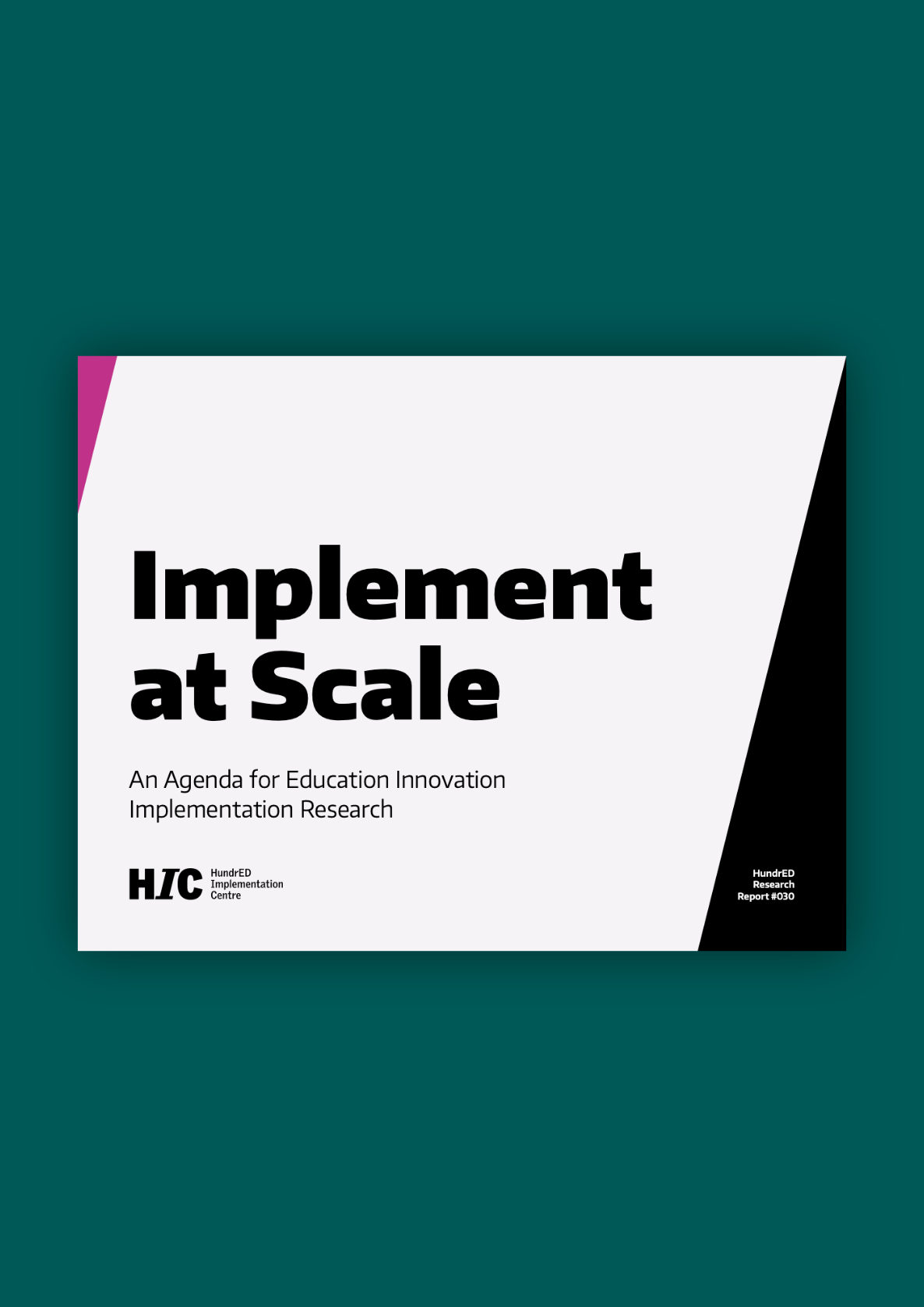Our 2023 Annual Report looks back at our ten highlights, impact insights from across our network, what and how we are learning.


We work to give every child the evidence-based education they need to thrive


What we do
Our work is dedicated to giving every child a quality education. We believe this can only be achieved if education policy and practice are supported by evidence of what works best for children.
We therefore invest in the world’s premier research to discover how children learn, promote the use of evidence by schools and EdTech, and support countries to shape and implement education policies based on evidence.


How we work
Our support goes beyond simply making funding available. We are an active and engaged funder and seek to apply our knowledge and competences in all our work.
We work with leading researchers, school practitioners, EdTech companies, investors, and education policymakers to catalyze new research, financing mechanisms, and policy collaborations that would not otherwise be possible.


How we learn
Our learning and evaluation approach is designed to empower us to make better decisions and work more effectively so that more children can experience quality education.
We want to learn rapidly and iteratively so we can provide support in areas that show the greatest promise for long-lasting, systemic impact. We share our learning openly, to enable its widest possible application and to achieve long-lasting impact for education systems around the world.
Annual Report 2023
News and insights

Leaning into Learning: our Annual Report 2023

Simon Sommer: Governments and Foundations must work together to move the needle towards SDG4

What We Learn: latest edition

Research Agenda
We know that children vary day-to-day in their skills and behaviors, that they differ from their peers, and learn in different environments with different tools and technology. It’s what we call learning variability.
However, research has not yet fully established the science of this variability, or how best to address it in different educational settings. By increasing our understanding of variability, we can better support policymakers and educators, helping them base decisions on evidence that will tailor learning to individual children and improve learning outcomes for every child.
Latest from BOLD
BOLD is a multimedia platform that explores the latest scientific insights into how children and young people develop and learn.

Digital Museum of Learning
Our new digital museum offers interactive content and playful quizzes for kids of all ages. Become a partner or dive into fun, bite-sized information and learning resources to boost your classroom experience.
Partner with us
We work with a network of partners to seek innovative ways to promote children’s learning and development.



